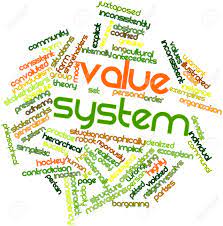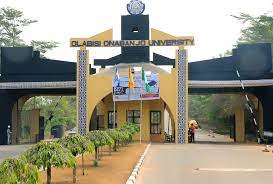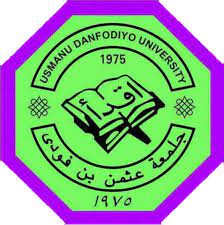
Value is the major determinate of human choices what we choose as humans can also determine how we behave or respond to issues.
We, therefore, need to evaluate our value systems and ordination so that we can make the right choices at every turn. Our choice and values can determine how we act and conduct ourselves everywhere we go, which is why value system evaluation is essential.
The same thing can be extended to the Nigerian education system, which is currently 6-3-3-4. It is important to evaluate this system of education from time to time to know if it is giving the right kind of result or not.
We need to ask ourselves if this education system is working to our advantage or not. We need to evaluate its effectiveness in the endeavors of the various students that have gone through each stage of this education system.
There will be varied opinions about the effectiveness or otherwise of this current education system. This should not be surprising, because humans tend to see things from different perspectives. Individual opinion can be tied to the perspective from which that particular person is viewing things.
In the remaining part of this write-up, we are going to look into the Nigerian value systems and also consider how it affects the current education system in the country.
What does value strand for
Value can be categorized as a Prescriptive or Normative philosophy. This can be said to be the foundation for which statements are subjected to different applications and interpretations.
Different interpretations and meanings can be read to the word value since their understanding comes under different socio-cultural contexts.
Values can be related to individuals and can differ since one individual differs from the other.
As a result of this, it can be very difficult to define the term value. Even at that, we will attempt to define value in some acceptable ways. For example, it can be defined as something cherished qualitatively by an individual.
It can also be defined as something giving a sense of accomplishment or satisfaction to the affected person. People tend to exalt anything that they admire or value or give them satisfaction
A value may just be borne out of instruction and may not even come along with reasons why that instruction must be obeyed. At times, it may also come with details of why it should not be done.
Different categories of values
Values are of different types and we are going to highlight them below:
- Religious values
- Cultural values
- Moral values
- Social values
- Aesthetic values
- Economic values
- Intellectual values
These types of values are supposed to stress words like neighborliness, brotherliness, justice, liberty, and honesty
The effect of Nigeria value system on our education system
Hopes were raised as the Nigeria education policies were put together by the Ashby Commission Report of 1960, the National Policy on Education of 1977, and the Universal Primary Education Program of 1976. Unfortunately, the hope raised by these programs has been dashed today.
A lot of negativities now characterize the Nigerian education system, thereby giving many people the impression that there is no hope of a better tomorrow. You can now hear stories of certificate forgeries from different quarters with individuals carrying about higher institution certificates even if they were never students of such institutions.
The reports of examination malpractices hitting the airwave each year are alarming. Campus cultism is one other problem characterizing the Nigerian education system, as well as, the incessant strike actions embarked upon across different educational institutions in the country.
Things were objective in the past, but subjectivity has become the order o the day.
It is even more disturbing to realize that the Nigerian education system has gone down the drain despite the oil boom recorded by the country over the decades. Despite the economic fortune of the country, Nigeria remains a beggar, pleading with other counties that do not have crude oil for finances to fund its budget.
Many scholars, philosophers, and experts have concluded that corruption is the foundation of the underdevelopment being recorded by the country today.
Today, societal ills like embezzlement of public funds, fraud, dishonesty, corruption, and immorality have become the norms in virtually every ministry, department, and agency, the same goes for private organizations.
Even relationships among the common men on the street are bedeviled by these ills. So, everyone is fully involved in bringing the country down.
Nigeria’s decayed value system and its effect on education
The ills mentioned above have dented the quality of education in Nigeria today. For example, the UPE released a sum of N636.03m for the construction of 150,955 classrooms across Nigeria between 1975 and 1980 and this was tagged as the Third National Development Plan.
It is disheartening to realize that only 63,000 classrooms were constructed among them. Another 120,000,000 was also wasted on the same project. This is just one of several instances where the decayed value system in Nigeria has negatively affected its education system.
With the way the education system is being managed in Nigeria, many are completed to believe that Nigeria's rules seem to be hell-bent on killing education in the country.
The evidence of this assumption can be seen in virtually every level of education in Nigeria. All levels of education in the country have more or less become the shadows of their pasts.
Advent or private education institutions
The situation described above has led to the establishment of many private education institutions in Nigeria in virtually all levels of education including primary, secondary, and higher education levels.
It is, however, unfortunate that many parents are just unable to afford the cost of sending their wards to these private institutions because due to the huge cost.
The government is equally planning to only oversee both primary and secondary education institutions, while handing over higher institutions to private organizations, which will make life a lot more difficult for people from poor financial backgrounds since higher insinuation education will most likely become unaffordable and, therefore, inaccessible to them.























